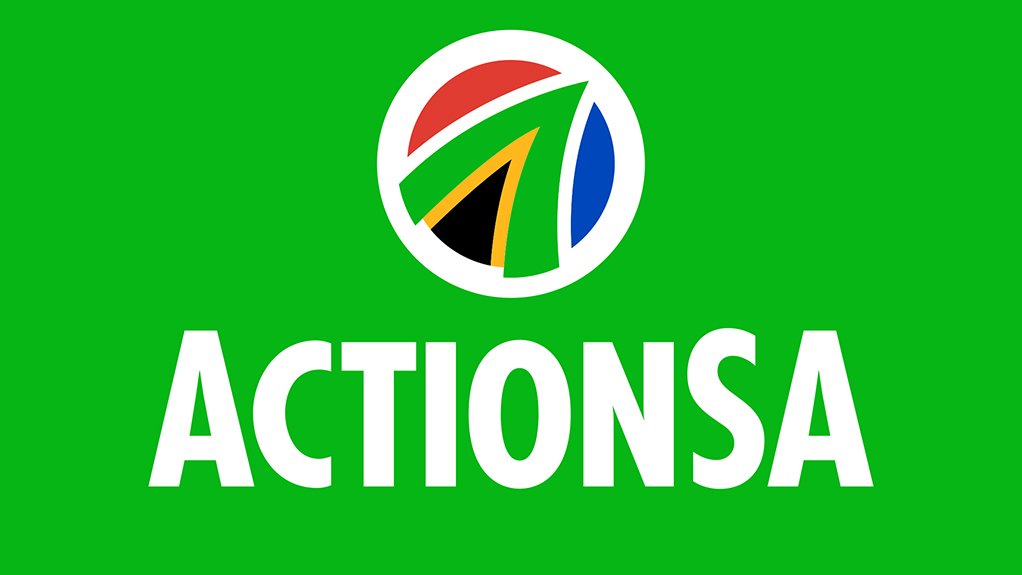/ MEDIA STATEMENT / The content on this page is not written by Polity.org.za, but is supplied by third parties. This content does not constitute news reporting by Polity.org.za.
ActionSA has filed its final replying affidavit with the Electoral Court on Friday, completing our application before the Court which is of comfort to ActionSA given the confidence we hold in our judicial system. A copy of which can be accessed here.
In our replying affidavit, ActionSA has addressed 4 important matters arising from the papers filed by the IEC.
Firstly, the IEC has changed the focus in its papers. While initially focusing on the registration of ActionSA, it now relies on Section 23 of the Municipal Electoral Act and the power it affords the Commission to produce ballot papers. ActionSA has adjusted its notice of motion accordingly to challenge the legality of the Commission’s exercise of its powers under section 23.
“Chapter 4 of the Commission Act does not require ActionSA (as a party) to have a registered abbreviated version of its name. It stands to reason, therefore, that the Commission cannot in law be permitted to design a ballot paper that effectively requires ActionSA to have a registered abbreviated name, in circumstances where that is not a registration requirement under chapter 4.”
Secondly, ActionSA has included in its papers alternate remedies to respond to the IEC’s claims of impossibility of remedying the paper due to time, cost and logistical considerations. It is deeply disappointing that the Commission refused to remedy the matter when it appeared possible, essentially creating the impossibility that they now seek to stand behind.
However, to avoid a situation where a court sides with ActionSA but cannot grant the remedy of re-printing ballot papers due to time limitations, ActionSA has consulted experts in the field of ballot paper printing. An expert, involved in printing ballot papers in South Africa and Africa for decades, has deposed affidavits confirming the viability of alternate remedies including the production of stickers and rubber stamps to apply ActionSA’s name to the ballot paper should the court find in our favour.
Thirdly, the ward ballot paper presented in the IEC’s papers has been redesigned from the version that was presented for sign-off at the IEC at municipal level on 2 October 2021 – the day the IEC alleges its ballot papers went to print. The two versions can be found here.
The difference between the two versions is that the 2 October version had the abbreviated name block and the block where the vote should be cast next to one another. This was raised by ActionSA during our 6 October press conference as a design flaw arising from the decision to leave the abbreviated name blank for 14 political parties including ActionSA.
In the version include in the IEC’s papers on 12 October 2021, this has been changed to have the logo of the party in-between the abbreviated name and the block for voting.
ActionSA has included this matter in its papers because if it is true that the IEC amended the design of around 4 500 ward ballot papers on or shortly after 3 October 2021, it discredits any claim on their part that ActionSA’s request of 3 October was impossible because of time limitations.
Finally, the IEC’s has expressed its discontent in its papers about Herman Mashaba’s communication calling into question its integrity as an institution, going as far as to imply that Mashaba is in breach of the code of conduct by not “assuring voters of the Commission’s impartiality.”
ActionSA would like it known, without qualification, that it not obliged to unconditionally defend the IEC, most especially when it is the IEC’s own indefensible actions from which it needs to be defended.
The IEC is most welcome to charge Herman Mashaba, myself, or anyone from ActionSA if it wishes to compound the list of actions it has taken to the detriment of ActionSA and demonstrate its disregard of free speech. The Commission must look no further than its own actions in this matter, rather than those of ActionSA, in terms of any reputational damage it may believe to have taken place.
ActionSA will continue to communicate on this, and any other issue, which we believe to be in the public interest. If the IEC feels its public reputation is being damaged in the process, it should look at its own actions rather than the words of those who publicise them.
Issued by ActionSA National Chairperson Michael Beaumont
EMAIL THIS ARTICLE SAVE THIS ARTICLE ARTICLE ENQUIRY
To subscribe email subscriptions@creamermedia.co.za or click here
To advertise email advertising@creamermedia.co.za or click here











